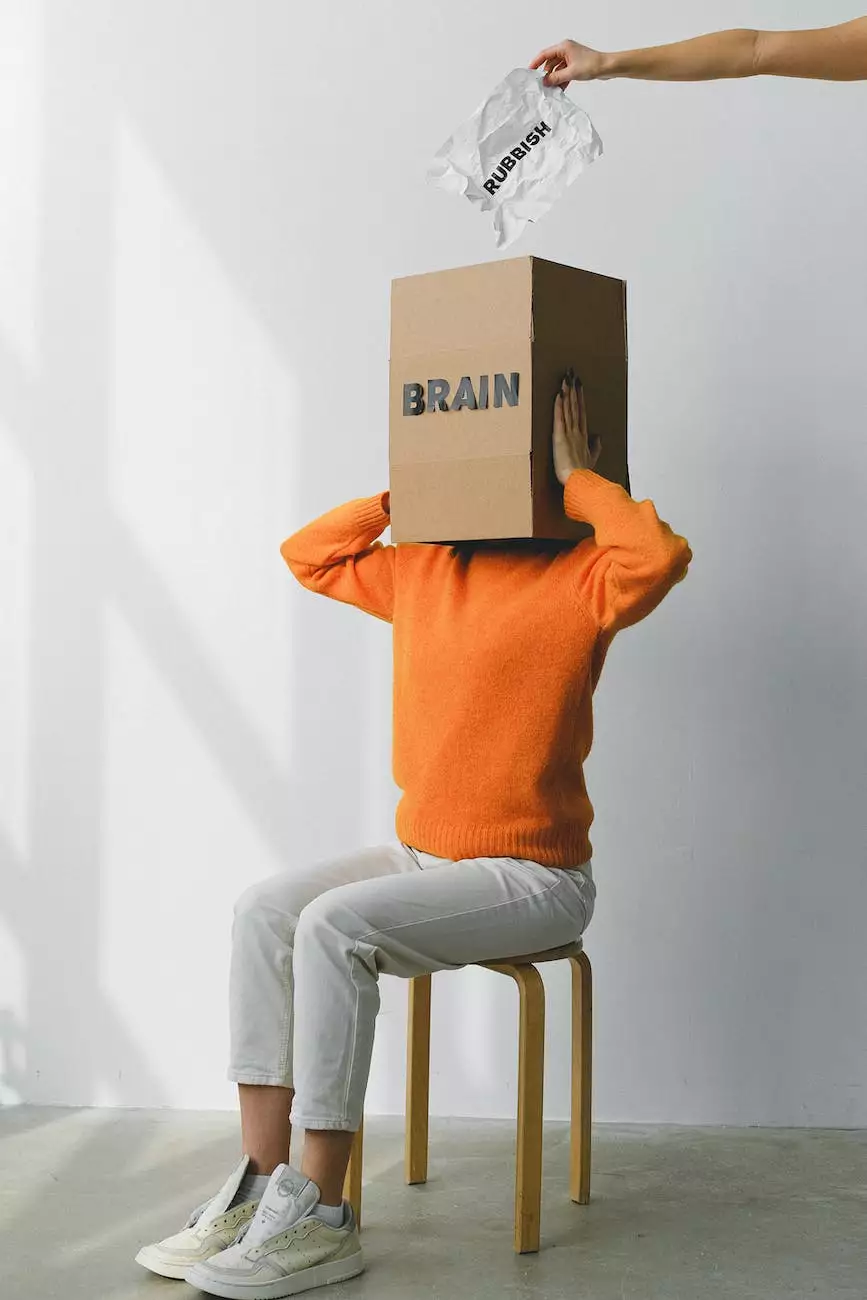Coding with Mathlink Cubes!

Introduction
Welcome to The Knowledge Nest - your go-to resource for all things coding! In this article, we will dive into the fascinating world of coding with mathlink cubes. Whether you're a beginner or an experienced coder, this page will provide you with valuable insights, tips, and resources to enhance your coding skills. Additionally, we're excited to announce a special giveaway for our valuable community members. So let's get started and explore the endless possibilities of coding with mathlink cubes!
What are Mathlink Cubes?
Mathlink cubes, also known as Snap Cubes, are a versatile and interactive educational tool widely used in mathematics classrooms. They consist of colorful interlocking cubes that can be connected on all sides, allowing for a range of creative applications. These cubes are not only beneficial for teaching various math concepts but can also be incorporated into coding activities to introduce programming fundamentals in a fun and engaging manner.
The Benefits of Coding with Mathlink Cubes
Coding with mathlink cubes offers numerous benefits for learners of all ages. Firstly, the tactile nature of these cubes helps to reinforce abstract coding concepts through hands-on experimentation. This visual and kinesthetic approach promotes active learning and enhances comprehension.
Furthermore, coding with mathlink cubes encourages critical thinking and problem-solving skills. By designing and building physical structures with the cubes, coders develop a deeper understanding of algorithms, logic, and sequencing. They can visually observe the cause-and-effect relationship between their code and the resulting actions, fostering a strong foundation in computational thinking.
Moreover, mathlink cubes provide a collaborative coding experience, fostering teamwork and communication among coders. Working together on coding projects using these cubes promotes sharing of ideas, troubleshooting, and learning from one another.
Tips for Coding with Mathlink Cubes
1. Start with Simple Concepts
Beginners should start coding with mathlink cubes by focusing on simple concepts. Start by creating basic geometric shapes, such as squares, rectangles, and triangles. This process will introduce you to the fundamental concepts of coding, such as sequencing and spatial orientation.
2. Experiment with Patterns and Algorithms
Once you've become comfortable with the basics, it's time to expand your coding skills by experimenting with patterns and algorithms. Use the cubes to create repeating patterns or explore algorithms for solving mathematical problems. This will strengthen your logical thinking abilities and deepen your understanding of coding principles.
3. Combine with Digital Platforms
While mathlink cubes provide a tangible coding experience, combining them with digital platforms can further enhance your coding journey. Utilize visual programming languages like Scratch or Blockly, which allow you to code virtually using drag-and-drop blocks. This integration offers a seamless transition from physical to digital coding and opens up even more possibilities.
4. Create Interactive Projects
Take your coding to the next level by creating interactive projects with mathlink cubes. Build games, puzzles, or even a mini-robot using the cubes and your coding skills. This hands-on approach enables you to see the immediate impact of your code, making the learning process exciting and rewarding.
Resources for Coding with Mathlink Cubes
To help you on your coding journey with mathlink cubes, we have compiled a list of valuable resources:
1. Online Tutorials
- Online tutorials can provide step-by-step instructions on coding with mathlink cubes, guiding you through various projects and coding challenges.
- Video tutorials on platforms like YouTube give visual demonstrations, making it easier to understand and apply coding concepts.
2. Coding Books
- Coding books specifically dedicated to mathlink cubes offer in-depth knowledge and hands-on activities for coders of all skill levels.
- These books provide detailed explanations, coding exercises, and project ideas to enhance your understanding and inspire creativity.
3. Coding Communities
- Joining coding communities, like The Knowledge Nest, allows you to connect with fellow coders who share similar interests and can provide support and guidance.
- Participate in coding challenges and discussions, share your projects, and learn from others' experiences.
4. Educational Programs and Workshops
- Explore educational programs and workshops that focus on coding with mathlink cubes, either online or in-person, to receive expert guidance and gain practical coding experience.
- These programs often provide hands-on activities, mentorship, and networking opportunities.
The Coding with Mathlink Cubes Giveaway!
We are excited to announce our exclusive giveaway for the coding community at The Knowledge Nest. By participating in this giveaway, you have a chance to win a set of mathlink cubes and coding resources to jumpstart your coding journey! Stay tuned for more details on how to enter and win.
Join The Knowledge Nest Community
Join The Knowledge Nest community today and uncover the endless possibilities of coding. Whether you're a beginner or an experienced coder, our platform offers valuable resources, tutorials, and a supportive community to help you excel in your coding endeavors. Don't miss out on this opportunity to connect with like-minded individuals and boost your coding skills.
Conclusion
Coding with mathlink cubes opens up a world of creativity and problem-solving. The hands-on approach combined with coding principles allows learners to grasp fundamental concepts while having fun. Whether you're creating geometric patterns, exploring algorithms, or building interactive projects, mathlink cubes provide a valuable tool for coding enthusiasts of all ages and skill levels. Visit The Knowledge Nest, your ultimate resource for coding mastery, and embark on a coding adventure today!










